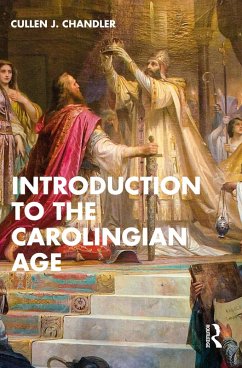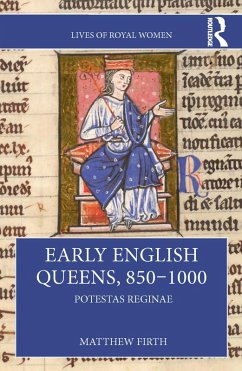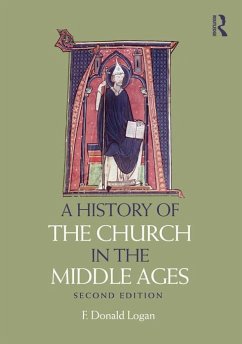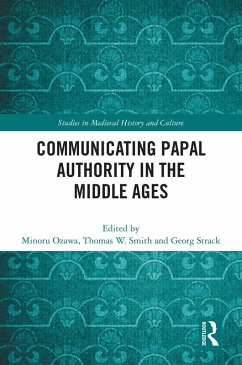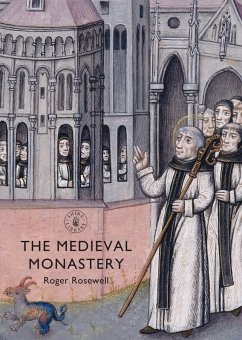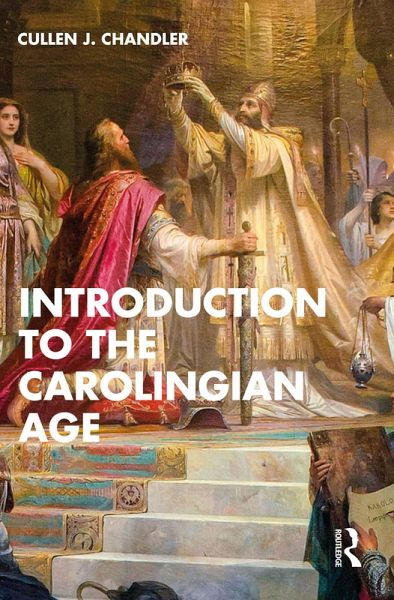
Introduction to the Carolingian Age (eBook, PDF)
Versandkostenfrei!
Sofort per Download lieferbar
37,95 €
inkl. MwSt.
Weitere Ausgaben:

PAYBACK Punkte
19 °P sammeln!
Introduction to the Carolingian Age provides an accessible history of western Europe in the eighth and ninth centuries, when arguably a truly European civilization emerged out of the transformed, former world of the Roman Empire.Through a thematical and chronological approach, this book explores the life, family, and period of Charlemagne in a clear and informative way. The secular aristocrats, ecclesiastical figures, and scholars associated with the Carolingian dynasty feature as partners in building the empire and guiding its development, and the social and cultural lives of people from the ...
Introduction to the Carolingian Age provides an accessible history of western Europe in the eighth and ninth centuries, when arguably a truly European civilization emerged out of the transformed, former world of the Roman Empire.
Through a thematical and chronological approach, this book explores the life, family, and period of Charlemagne in a clear and informative way. The secular aristocrats, ecclesiastical figures, and scholars associated with the Carolingian dynasty feature as partners in building the empire and guiding its development, and the social and cultural lives of people from the elite to the common classes are also examined. Through an engaging narrative, this study demonstrates that by the end of the ninth century, the royal house faced a series of challenges that brought about the devolution of the empire into smaller kingdoms and the loosening of the Carolingian family's grip on monarchy. Based on up-to-date scholarship, Introduction to the Carolingian Age offers explanations of historical developments and discussions of key historiographical debates.
This book is an essential resource for both undergraduate students and general readers with an interest in the history of the Carolingian period from 750-900.
Through a thematical and chronological approach, this book explores the life, family, and period of Charlemagne in a clear and informative way. The secular aristocrats, ecclesiastical figures, and scholars associated with the Carolingian dynasty feature as partners in building the empire and guiding its development, and the social and cultural lives of people from the elite to the common classes are also examined. Through an engaging narrative, this study demonstrates that by the end of the ninth century, the royal house faced a series of challenges that brought about the devolution of the empire into smaller kingdoms and the loosening of the Carolingian family's grip on monarchy. Based on up-to-date scholarship, Introduction to the Carolingian Age offers explanations of historical developments and discussions of key historiographical debates.
This book is an essential resource for both undergraduate students and general readers with an interest in the history of the Carolingian period from 750-900.
Dieser Download kann aus rechtlichen Gründen nur mit Rechnungsadresse in A, B, BG, CY, CZ, D, DK, EW, E, FIN, F, GR, HR, H, IRL, I, LT, L, LR, M, NL, PL, P, R, S, SLO, SK ausgeliefert werden.




